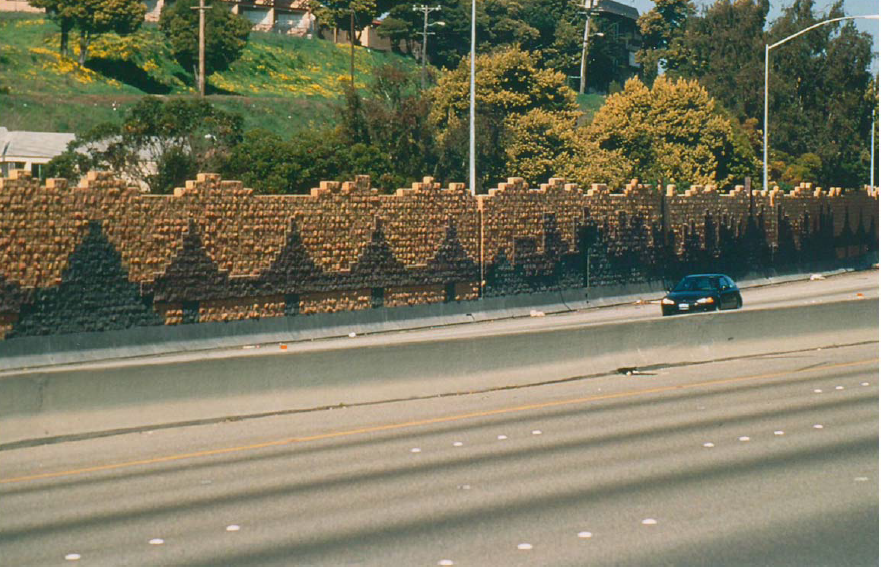1 Undergraduate Research Assistant, Department of Civil Engineering, School of Engineering and Applied Science, Gonzaga University, Spokane, WA, 99258, USA, cthompson6@zagmail.gonzaga.edu
2 Professor, Department of Civil Engineering, School of Engineering and Applied Science, Gonzaga University, Spokane, WA, 99258, USA, ganzerli@gonzaga.edu
3 Executive Director, Northwest Concrete Masonry Association, 16300 Mill Creek Blvd, #208-C, Mill Creek, WA, 98012, USA, tcyoung@nwcma.org
ABSTRACT
This study explores the use of concrete masonry walls employed as sound barriers for highway noise reduction. Concrete masonry is a widely used material in construction but its ability to effectively work as a sound barrier is understated. Successful application of concrete masonry sound walls can be found in California where these kinds of barriers have recently grown in popularity. Other examples of their application are illustrated in the segment from Spokane to Seattle of I-90 in Washington State. Investigations on the effectiveness of concrete masonry sound walls have been conducted by several agencies including: The National Concrete Masonry Association (NCMA), The Northwest Concrete Masonry Association (NWCMA), The Masonry Society (TMS), the Federal Highway Administration (FHWA), and The Institute for Research in Construction (IRC). Concrete masonry walls provide excellent Sound Transmission Loss (STL) due to their high material density. In addition to this they absorb and diffract sound waves. Concrete masonry walls are economically efficient for construction because of their durability and low cost maintenance. They also offer a plethora of attractive aesthetic solutions. This paper presents an overview of the information currently available on concrete masonry unit (CMU) highway sound barriers. It outlines the versatility of their application and delineates the opportunity for further studies on the subject. This manuscript is of interest for structural, transportation, civil, and environmental engineers. It summarizes the advantages that CMU sound walls present in mitigating the impact of highway construction and sound pollution on the environment.
KEYWORDS:sound attenuation, concrete masonry unit, noise pollution, sound transmission, noise control
277.pdf



